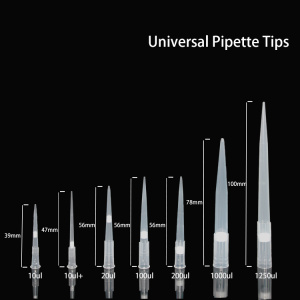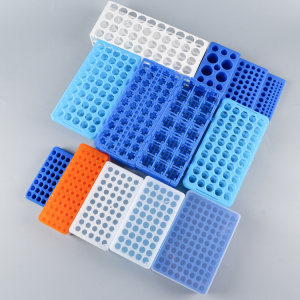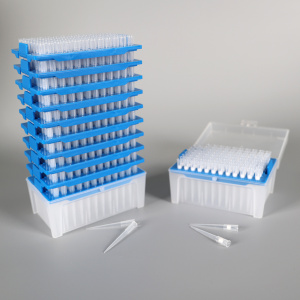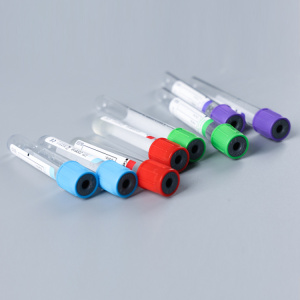Nucleic Acids Research: Argonaute-PCR coupling realizes ultra-high sensitivity detection of low-abundance mutant genes

Recently, Feng Yan's team from the School of Life Science and Technology of Shanghai Jiaotong University and the State Key Laboratory of Microbial Metabolism published an article entitled "Argonaute integrated single-tube PCR system enables supersensitive detection of rare mutations" in Nucleic Acids Research. This work revealed the nuclease characteristics of the Argonaute protein of different high-temperature microorganisms, discovered its precise recognition of single base mutation (SNV) target sequences, and developed the "one-tube" PCR multiple nucleic acid enrichment and detection A-Star ( Ago-Directed Specific Target Enrichment and Detection) new strategy, to achieve high-efficiency, multiple enrichment and detection of low-abundance mutant genes in blood and other samples. Associate researcher Liu Qian of Shanghai Jiaotong University and doctoral student Guo Xiang are the co-first authors of the paper, and Professor Feng Yan is the corresponding author. The research work was completed in cooperation with Shanghai Jiaotong University, the First Affiliated Hospital of Shanghai Jiaotong University, Renji Hospital, and Renhe Future Biotechnology Company. Shanghai Jiaotong University Translational Medicine Center provides research platform support.
Liquid biopsy of DNA fragments released by tumor cells in blood or body fluids, with its non-invasive, sensitive, dynamic and other characteristics, can achieve early tumor screening and accompanying diagnosis. However, due to the low content of free nucleic acid and easy degradation, the specific enrichment and detection of tumor genes in complex background genes has attracted widespread attention. Commonly used PCR and other methods have the advantages of simplicity and time-saving, but their detection sensitivity is limited; in recent years, the application of gene editing tool enzyme CRISPR/Cas in nucleic acid detection has improved the detection sensitivity and convenience, but Cas enzyme has an effect on the target sequence. PAM selectivity, long RNA guide synthesis is expensive and unstable, etc., which still have limitations in detection cost, sensitivity, and multiplicity. Therefore, the development of new nucleases that can specifically enrich the target sequence is an effective way to solve the above problems. The establishment of a highly sensitive, multiple and simple new nucleic acid detection technology is of great significance for basic research and clinical applications.
In the systematic study of Ago protein of thermophilic microorganisms, the author of the thesis revealed its excellent characteristics such as high temperature stability, programmability, specific catalytic activity, multiple orthogonal reactions, etc., and proposed an Argonaute (Ago) nuclease-PCR coupling "A-Star" (Ago-Directed Specific Target Enrichment and Detection) is a new strategy for nucleic acid detection and enrichment (Figure 1). Clever use of the guide DNA "double-point mismatch" design strategy enables the Ago protein to selectively cut the wild-type gene in the PCR denaturation step (94oC), and the retained mutant gene can be annealed (~58oC) and extended (~72oC) in the PCR. ) It can be cyclically amplified in the step to achieve ultra-high efficiency enrichment and precise detection of low-abundance mutant genes. Researchers enriched multiple tumor mutation genes such as KRAS, PIK3CA and EGFR, and confirmed that A-Star can detect 0.01% of low-abundance mutations, with an enrichment efficiency of up to 5,500 times.
"A-Star" can stably detect target tumor genes in complex samples such as blood and solid tumor tissues (Figure 2A). Considering that there may be multiple gene mutations in the actual sample, by designing multiple pairs of DNA guide strands, "A-Star" realizes the detection of multiple tumor genes in a single-enzyme "one-tube" reaction system, and there is no crossover between signals Interference (Figure 2B). In short, the "A-Star" low-abundance nucleic acid enrichment and detection technology established by this research has the advantages of extremely high sensitivity, simple and fast, and multiple detection molecular detection, which can be used in molecular biology and medicine such as genetic diagnosis and treatment of genetic diseases. The field has important application potential. (Yongyue Medical www.yonyue.com)
——



